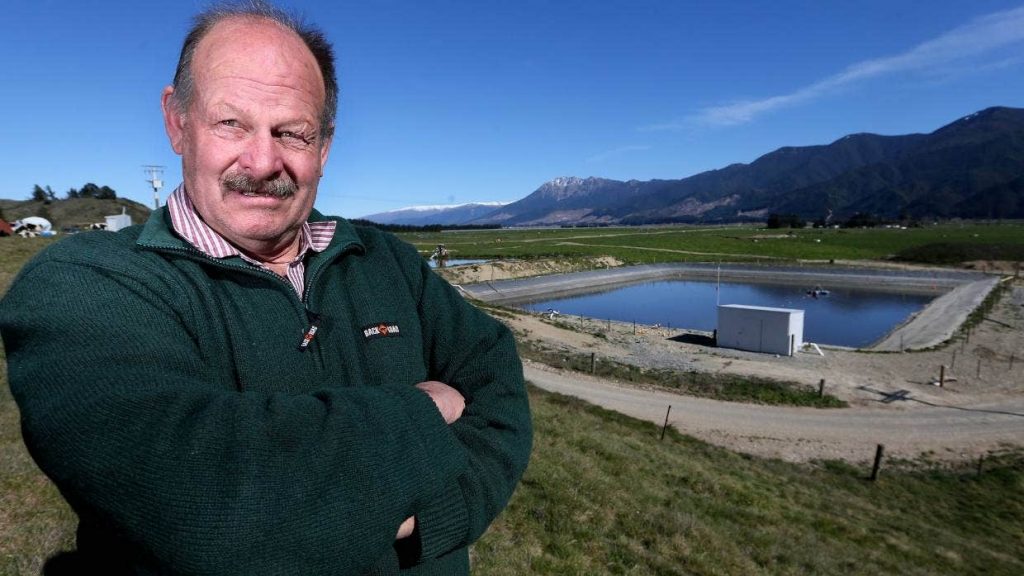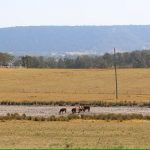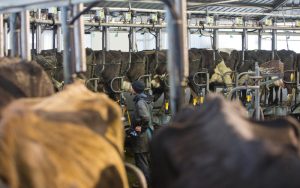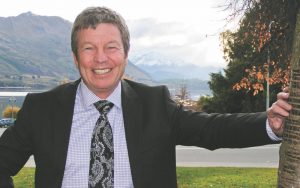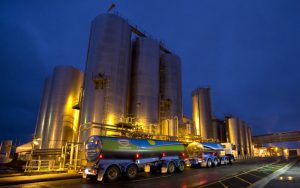
A Marlborough dairy farmer who took Fonterra to the High Court for refusing to take his milk – and lost – has now had his appeal of that judgment dismissed too.
Philip Woolley launched the legal action against Fonterra after the company stopped taking his milk in 2014, because the Environment Court had ordered Woolley to stop using his milking shed and get his effluent ponds certified as compliant, at his Glenmae farm in Tuamarina, north of Blenheim.
The Court of Appeal decision, released in June, relied on the 2021 High Court summary to outline the near-decade long legal wrangle between Woolley, Fonterra and to a lesser extent the Marlborough District Council.
Woolley had a six-year contract to supply Fonterra with milk starting from June 2013. But after the council sought an Environment Court order, Fonterra sent Woolley a letter, on June 18, 2014, to say the company would not be taking his milk.
A Fonterra staffer met with him about his situation in July 2014, and suggested Woolley try “book-building”, allowing other farmers to milk his cows.
Woolley “sat back, crossed his arms” and said he would either “milk them and put the milk into the non-compliant effluent pond”, or “simply not milk them” and their udders would “blow up”, the staffer told the High Court.
He also threatened to tell the media Fonterra “had caused an animal welfare issue” by refusing to pick up the milk.
Woolley rejected the book-building suggestion because he wanted to use the “animal welfare possibility” to put pressure on the Environment Court and the Marlborough District Council to let him start milking again. He “created an animal welfare crisis”, the High Court summary in the Court of Appeal decision said.
Woolley “candidly accepted” during a High Court hearing there were about 600 cows to be milked on August 12. With milk collection suspended, the milk had to be dumped into the effluent pond, “which by this stage was seriously over its operating capacity”.
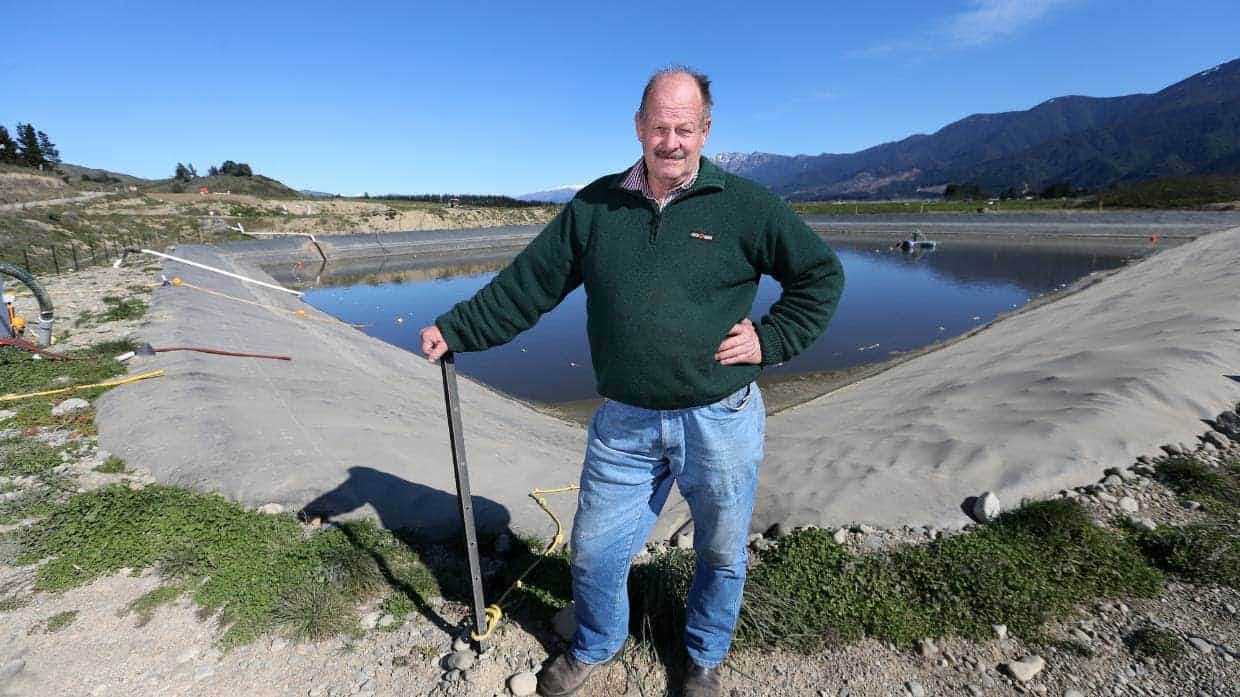
The Court of Appeal dismissed Woolley’s claims in their entirety.
The milking coincided with increasing pressure from Woolley’s bank to ensure that they were generating sufficient income to finance their “significant liabilities”.
By the end of August, the number of cows had peaked at 1200, and up to 20,000 litres of milk was being dumped each day into the effluent pond. Woolley continued to lobby Fonterra to collect the milk.
By September 5, 2014, Woolley had an engineer’s certificate, but the Marlborough District Council questioned its sufficiency, as it said the ponds were “generally” installed and functioning but did not certify they necessarily met “all specified engineering requirements”.
Fonterra wanted an order from the Environment Court lifting the suspension before it resumed milk collection.
Woolley challenged this in the High Court in 2021, saying the suspension process was unreasonable, and the suspension should have ended once he got the required certificate. He was hoping to recover the losses from having to dump his milk and pay out his share milker.
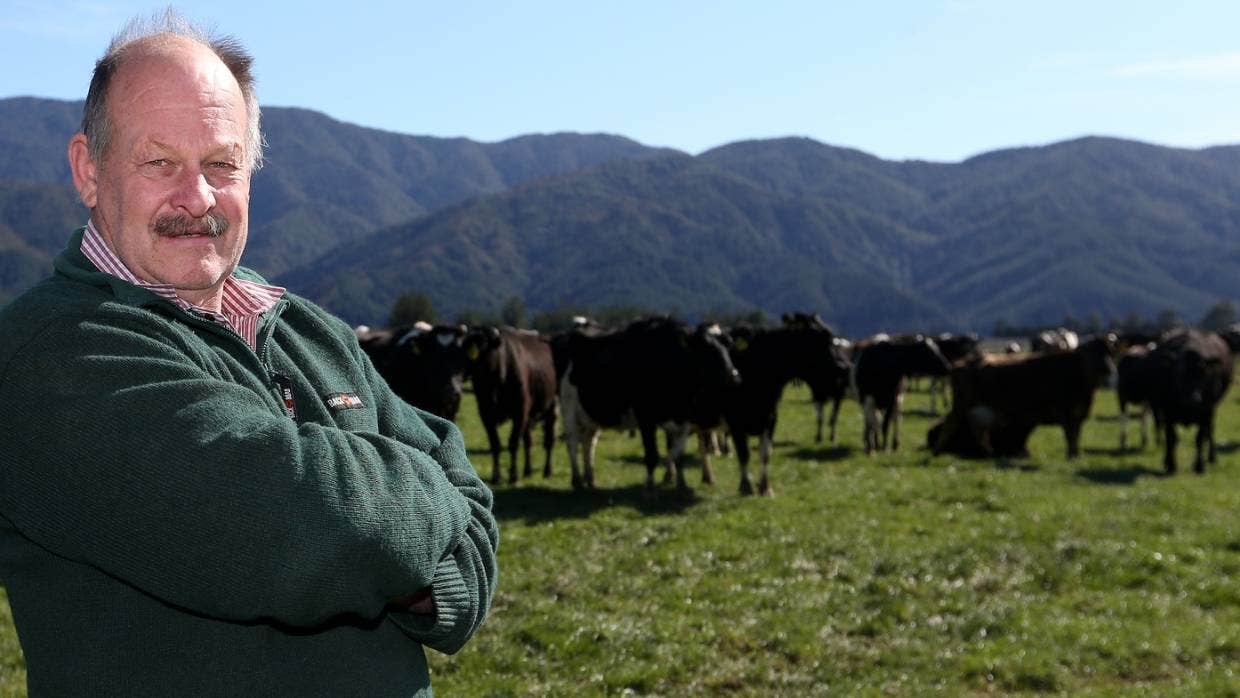
Philip Woolley had a six-year contract to supply milk to Fonterra, starting June 2013.
However, Fonterra’s Suppliers’ Handbook allowed Fonterra to terminate collection if a supplier did not comply with environmental sustainability requirements, or its terms of supply. It was up to the supplier to meet their own costs for disposing milk if this was the case.
The High Court ruled Fonterra was not unreasonable to exercise contractual discretion. Despite obtaining the certificate, Woolley remained in breach of the Environment Court order, his resource consent, and his agreement with Fonterra.
Woolley’s appeal, heard in November last year, argued the High Court had no jurisdiction to consider if the certificate satisfied the Environment Court order, and the order’s meaning was misconstrued anyway, he said – when the certificate was obtained, the suspension should have ended.
But the Court of Appeal rejected this, in its June decision, reaffirming that the certificate did not meet the requirements of the order. The Environment Court said when making the order “all aspects of the system from cowshed to paddock” were to be examined, and the certificate did not cover this, the court said.
“Fonterra was not required to risk participating in a breach of the court order, in circumstances where it was at the least reasonably arguable that the order continued to prohibit milking.”
Fonterra needed to act in the interests of its many farmer shareholders, and maintaining the suspension was “not only rational but unsurprising”, the Court of Appeal said.
